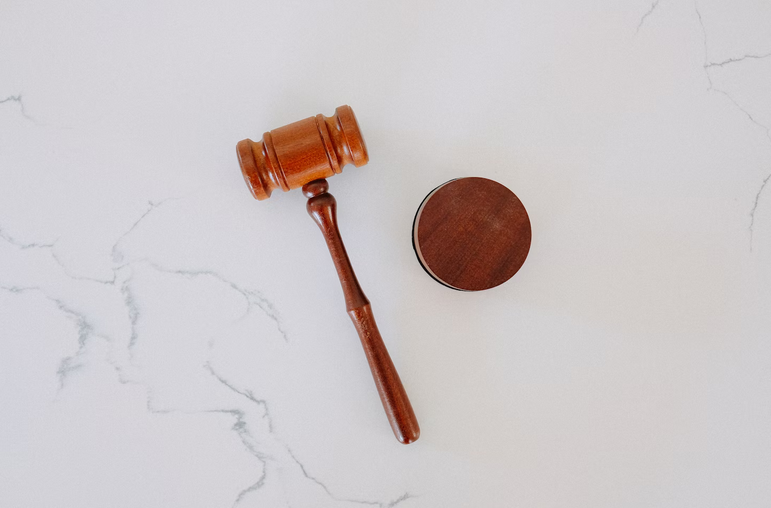Legal proceedings are intricate dances of argument, evidence, and justice. Within this complex framework, transcription emerges as the silent scribe, capturing every spoken word and nuance with meticulous precision. Digital transcripts for improved legal decision making have become increasingly common due to the demands of modern legal proceedings, which require a detailed and accurate record of all that is said. In this article, we delve into the indispensable role of transcription in legal proceedings, emphasizing its capacity to create an accurate and enduring record.
The Silent Chronicler of Legal Dialogues

As legal professionals engage in the courtroom or during depositions, every uttered word holds significance. Transcription serves as the silent chronicler, diligently transforming spoken language into written form. This verbatim record becomes the backbone of legal proceedings, ensuring that the details of every argument, testimony, and cross-examination are documented with unwavering accuracy.
The Pivotal Role in Due Process
Accurate transcription is not merely a procedural formality; it is a cornerstone of due process. The legal system relies on the integrity of the record to guarantee fair and unbiased proceedings. Whether it’s a trial, deposition, or arbitration, a precise transcript provides a reliable reference point for legal professionals, judges and, if necessary, for appellate review.
Fostering Clarity in Legal Communication
Legal language is inherently complex, laden with specialized terminology and nuanced interpretations. Transcription bridges the gap between spoken legal discourse and a comprehensible, written form. This clarity in communication is paramount for all parties involved, ensuring that legal professionals can easily reference, analyze, and build upon the dialogue that unfolds during proceedings.
Preserving the Human Element of Testimonies
Testimonies are the heartbeat of legal proceedings, and transcription preserves the human element within them. Every pause, emphasis, and tone is captured, enriching the textual record with the nuances that define human communication. This preservation is not just a matter of formality; it’s a means of retaining the emotional context that can influence legal deliberations.
A Tool for Legal Strategy and Analysis

Legal professionals often revisit transcripts to refine legal strategies and conduct in-depth analyses. These transcripts serve as invaluable resources for case preparation, allowing lawyers to scrutinize witness statements, identify inconsistencies, and fortify arguments. The ability to review a verbatim account of legal dialogues enhances the efficiency and effectiveness of legal practices. The role of transcription extends beyond courtrooms to various legal services. Law firms leverage transcription for client meetings, dictations, and the creation of legal documents. This versatility underscores the adaptability of transcription in meeting the diverse needs of legal professionals, contributing to overall efficiency in legal processes.
As legal proceedings unfold, transcription silently weaves a legacy of accuracy and accountability. It is the guardian of due process, the enabler of legal strategy, and the preserver of the human nuances that shape legal narratives. In the intricate dance of justice, transcription takes center stage, creating an enduring record that echoes the principles of fairness, transparency, and the pursuit of truth.…

